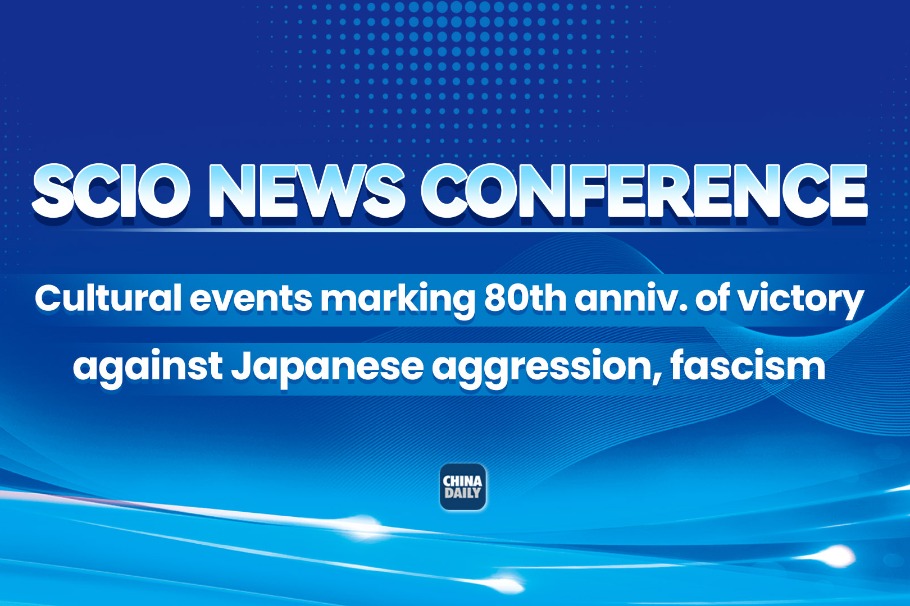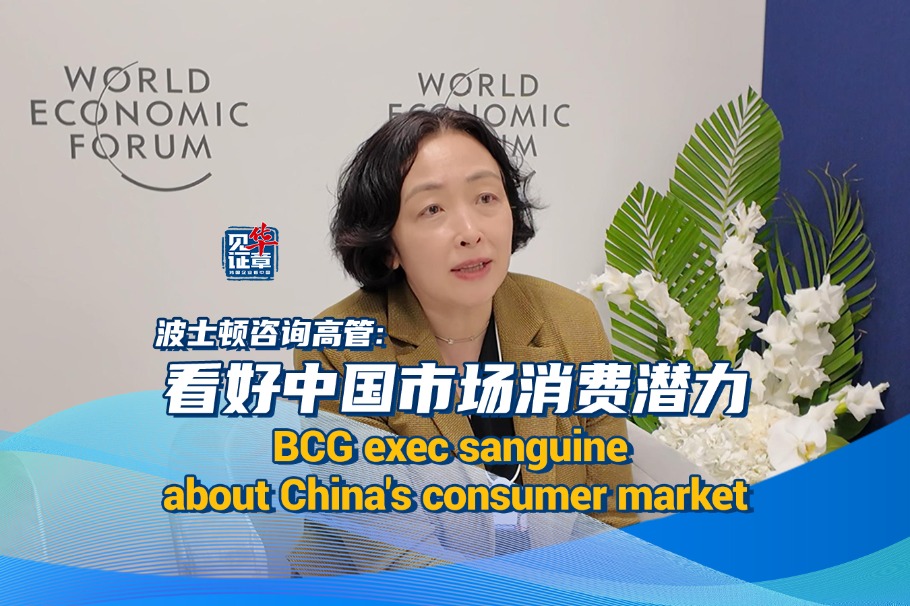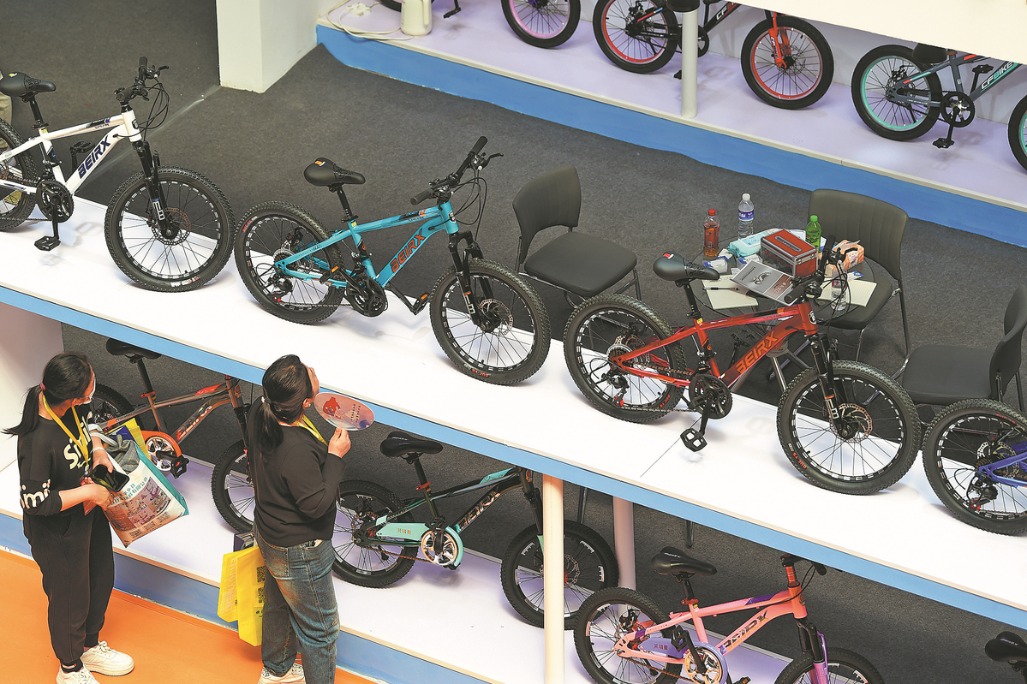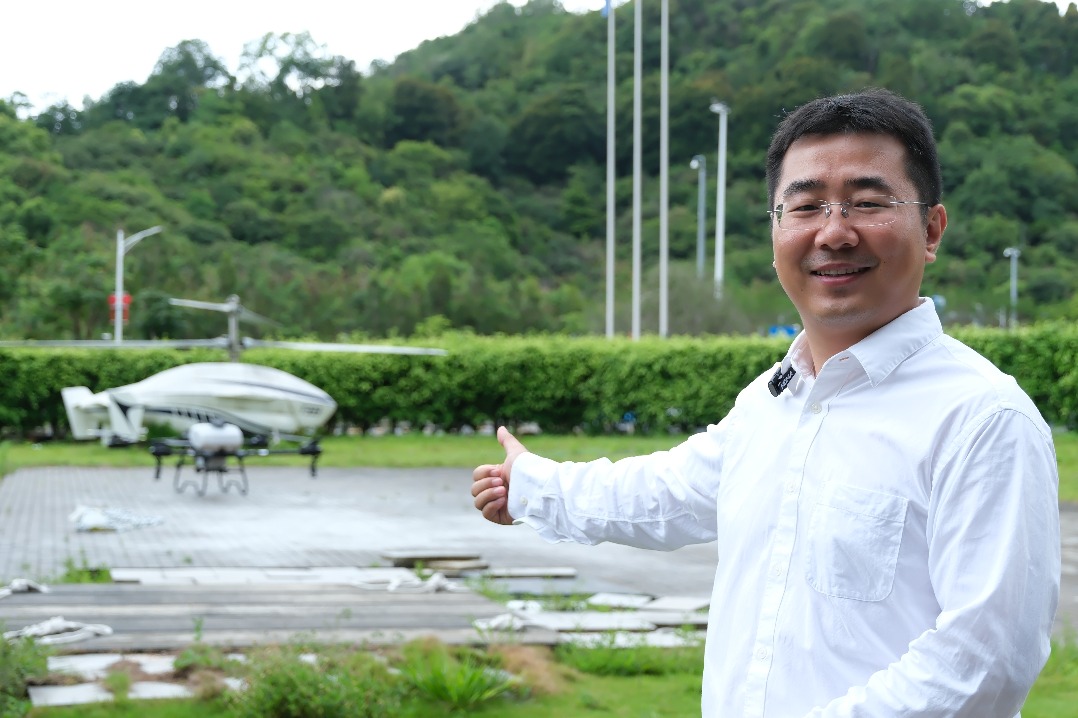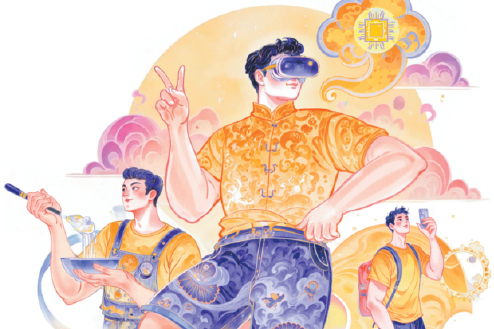Dose of realism what EU needs to approach China


The 13th round of China-EU High-Level Strategic Dialogue, co-chaired by European Union High Representative for Foreign Affairs and Security Policy Kaja Kallas and visiting Foreign Minister Wang Yi in Brussels this week, provides the two sides with an opportunity to hold face-to-face communication at a critical juncture of bilateral ties.
China's stance on the Ukraine crisis and its rare earths export policy are among the EU's major China-related concerns, while China has urged the EU to cancel the discriminatory tariffs it has slapped on Chinese-made electric vehicles, and advance negotiations on the bilateral investment treaty that has long been stalled by Brussels.
Whether the dialogue can help "enhance mutual understanding, build trust, and lay political groundwork for future interactions between Chinese and EU leaders", as is hoped, hinges on whether the EU can properly handle China-related issues with more realism.
On the Ukraine crisis, China has always been committed to promoting peace and talks. The way the crisis has evolved proves that China's consistent pro-peace proposals and stance are objective, impartial, rational and pragmatic. Putting the EU under a security threat does not serve China's interests. China will continue to follow its principles and play a constructive role in the political settlement of the crisis and the realization of peace, and it supports all efforts dedicated to a fair, lasting, and binding peace agreement accepted by all.
It is the EU that should reflect on the root causes of the Ukraine crisis, the role it has been playing, if not forced to play, in the crisis, as well as the roles that the United States and the North Atlantic Treaty Organization have assumed in the process. Weighing the gains and losses of these parties, including those of itself, it should not be difficult for Brussels to realize which party is the true orchestrator and the sole beneficiary of the crisis, a party that even tries to attribute the crisis' future yet unseen end to its "contribution" to peace.
With so many lives lost, it doesn't make sense for the EU to pin hopes of ending the crisis on any victory on the battlefield or by upending its already relentless sanctions on relevant parties, including some Chinese entities.
On China's rare earths export policy, it must be pointed out China is committed to maintaining the stability of global industry and supply chains. As long as the parties meet the requirements of its policy, which aligns with international management standards, their imports of rare earths will not be affected. The EU, a major trading partner of China, is by no means the target of China strengthening its regulation of the sector. Only those used to weaponizing trade issues would smear China's rational rare earths export policy — a responsible measure to uphold international nonproliferation obligations — as a "tactical countermeasure".
The EU's punitive tariffs on Chinese-made EVs and the stalled bilateral investment treaty are both caused by its blind following of the former US administration's China-containment strategy. Being targeted by the US' "reciprocal" tariff now, the EU is in a better position than before to realize upholding its strategic autonomy would better serve its interests.
The EU's criticism of China on both the Ukraine crisis and its rare earths export policy stem from its inertia in toeing US lines on the issues. That results from its Cold War mentality that guides it to divide the globalized world into "we" and "they".
As this year marks the 50th anniversary of China-EU diplomatic relations, the two sides should take the opportunity to review the experiences of their successful cooperation, reaffirm their strategic partnership, uphold dialogue and cooperation as the guiding principles, stick to the fundamental principles of mutual benefit and win-win cooperation, and remain strategic partners based on mutual respect, trust, and long-term stability.
There are no fundamental conflicts of interest or geopolitical contradictions between China and the EU. It is to be hoped the dialogue will help the EU to view China's stance and policy more objectively.
















